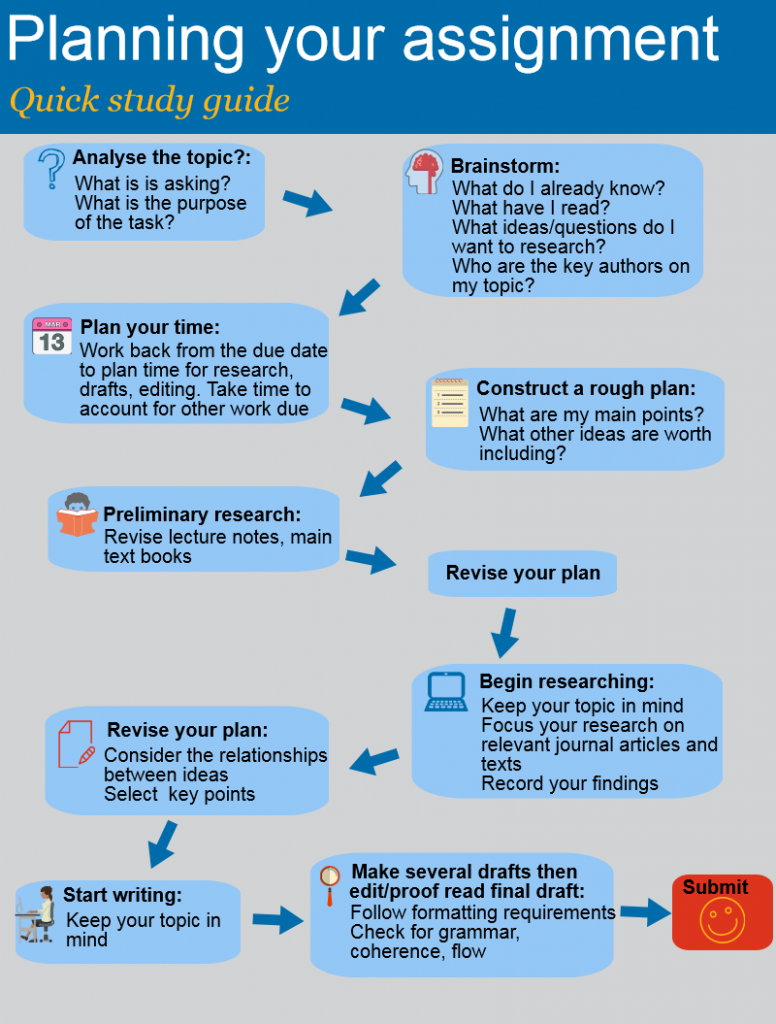What is Assignment?
Working On Your Studies: What Is Assignment?
Even if you choose the smallest and most unknown college somewhere in Chichester, you are still going to receive the same task as students in Oxford or Cambridge: writing an assignment. It’s more complex than it might seem at first because these tasks can include numerous essay types along with other written work. Since you have to do it out of classroom, you might face difficulties because your teachers won’t be there to assist you or answer questions. So, what is assignment and what does it usually entail?
Purpose of Assignment: How Did It Come About?
Assignment is an inevitable part of education regardless of your chosen specialty, direction, and preferences. An interesting fact about this topic is that when different students are asked to define assignment, they all tend to give opposite answers. And that makes sense because types of actions differ based on professor’s program as well as one’s major. The main uniting element is their underlying purpose.
Each task aims to supply a student with practical experience and test their theoretical knowledge. You apply information that you’ve collected in class when doing your homework, demonstrating everything you’ve learned and how well you can use these facts. So, assignment is a task that helps develop various practical skills, such as analysing, summarising, as well as critical thinking ones, when you’re working without your professor’s supervision. This is an essential part of your education because after coping with numerous homeworks successfully, it becomes easier to do well during exams. As the result, getting good marks for work means crossing halfway to getting a degree.
Unchanging Parts of Every Assignment: What Are They?
Lots of students try to figure out assignment meaning before they are given one. Apart from definition above, there are other relevant things that every young person who’s entering a college or uni should know about. Each process of receiving a homework, regardless of its particular type, is going to consist of the same core elements.
- An overview. When giving you work without assignment help, a professor will undoubtedly engage in its brief overview. Listen carefully because a big part of your success might depend on it. The teacher will briefly explain what the assignment is about and how it should be done.
- Task or prompt itself. Apart from listening to professor’s overview, you should read the instructions and make sure that you really understand everything they include. Better do it while you’re still in class because if you have any questions, try asking them right away.
- Additional materials. This usually includes specific sources that have to be used, such as class readings, presentations, etc. There might also be help for bonus points, so clarify all this in advance. Don’t just ask, “What is assignment?” in this case, think about narrower and more specific questions.
- Style tips. Usually, a professor explains to you which style your assignment should be done in. APA, MLA, Chicago, Harvard, or Oxford — each has a set of specific rules about margins, list of references, capitalisation of titles, and other things. If it’s the first job of this kind, it is likely you’ll get a template of a style so you would see how everything should be formatted. If your teacher forgot about it, be sure to remind them.
- Technical details. The final similar component of all homework types comprises a set of such details as deadline and number of pages that should be written. Take them all into account because without them, you’ll almost definitely fail.
Actions To Do When Working on Assignments
As you can see, assignment definition includes many different notions. But to gain a clearer understanding, it is good to know the most common processes you’ll have to engage in. Let’s view 15 of them.
- Research. It means studying different sources written on a specific topic and reporting on what you found to prove a central point of a homework.
- Report. Here, you’re assigned a scenario that you should observe before describing the key events happening within it, staying objective and detached.
- Analyse. A student should study a situation before dissecting it and explaining it by building logical links between its parts.
- Relate. One should regard two or more concepts and then connect them by providing similar points.
- Summarise. After studying the text, a student must retell its main points without expressing personal thoughts.
- Interpret. Here, on the contrary, you should offer your personal view of a situation.
- Define. In most cases, one should explain the meaning of some concept before expanding it.
- Compare means finding similarities and differences between two or more things.
- Illustrate. Present the situation by giving numerous examples.
- Apply. Use the assigned concept and then integrate it within a broader context of a certain topic.
- Make up. This help usually belongs to creative writing where you have to compose a story.
- Trace. Build connections between some events to show the development of a particular concept.
- Evaluate. Give assessment to an idea.
- Describe. List aspects that characterise something.
- Calculate. This type of task tends to be assigned to students of technical faculties. You have to work with numbers and arrive at correct results.
Succeeding in Your Homework
If you are attentive and know how to apply gained knowledge, you’ll face no difficulties when working on various help. In case some of them occur anyway, consider asking for assignment help. Get good grades and enjoy your studies!